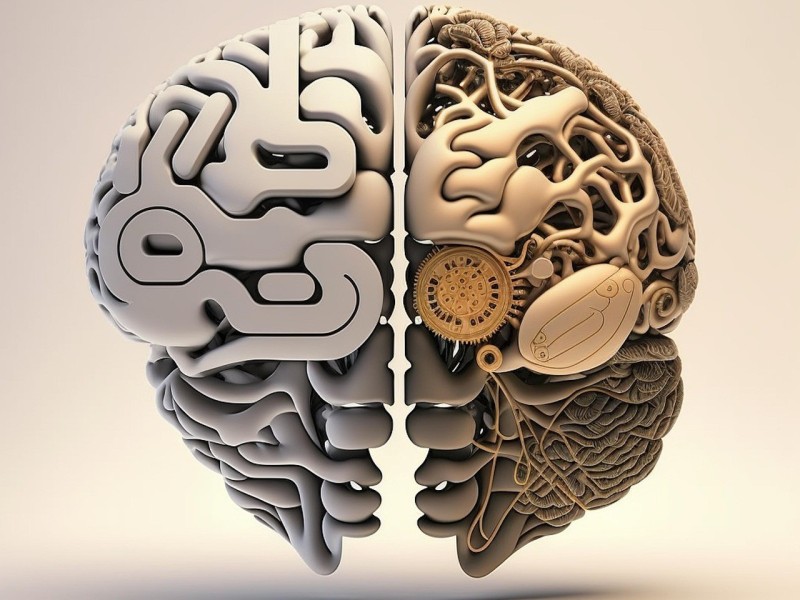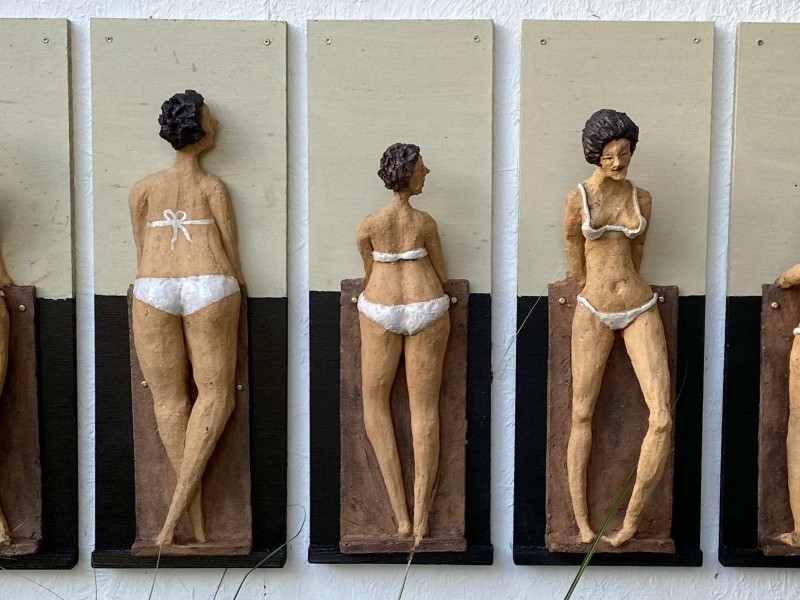Our life is a project made up of decisions. Everything we are and everything we have exists only because we have made decisions.
We don’t want to admit it, but almost everything about us is not predetermined by external factors. Rather, we have made the decisions ourselves.
We decide to pay attention in school or we prefer to have free time and learning is not so important to us. We decide to study a subject that we like best. Or we decide on a practical career path that relies more on our physical abilities.
We look around the world and decide where we want to live. We decide to buy a new house or renovate an old one.
We decide on a relationship and how that relationship should be like. We decide whether we want to have children of our own, or not.
At this point, at the latest, we are no longer deciding only for ourselves, but also for others. And that can change the way we live significantly.
When we become self-employed and start a business, we decide on the welfare of our employees. When we join a political party, we make political decisions that also affect other people.
We decide to flee from war, to fight, or simply to stay
And so it goes on and on and on.
The result is the current situation we find ourselves in today, even if we don’t always like it.
And of course there are exceptions: there are coincidences, moments and places whose impact on our own lives we cannot influence. For many people, faith helps in such situations, but there isn’t much we can decide.
What remains in any case is the decision of how I behave in a situation that is unpleasant for me and what significance I attach to it.
And the best thing is: I can decide (almost) everything anew every day. The only part of our lives that we can influence lies in the present for the future. And we have the freedom to let new branches and leaves grow on our decision tree — or to cut some off.
How does it work?
Humans are equipped with consciousness. But what does that mean, and what can I do with it? More on that later.
The most important point is to become aware of a problem. I have to recognise the problem in order to see that I need to make a decision. Once I have gained this insight, the decision remains.
It has been well researched how decisions work. There are various methods that can be used. Only one thing is important to know: our brain deceives us when we need to act quickly.
We have two “thinking patterns,” one fast and intuitive, and one slow and rational. When we need to act quickly, i.e., when flight or violence is involved, the limbic system takes over and “overwrites” the slow, conscious thinking.
Decisions about our lives should be determined by the slow part of our thinking. This is where considerations, comparisons, assessments, and emotions take place. Decisions do not have to be technocratic; they can also be based on love. Our feelings are part of the factors that influence our decisions. This is especially true for partnerships, whether private or professional.
Decision-making can also be fun—and an educational experience. Our tool for building decisions is PhaenoMind. That’s decisively better.
Tagged
You might also like
-
Brain Balance
Published on
-
Deciding with your gut feeling?
Published on
-
The 5 Components of a Good Decision
Published on


